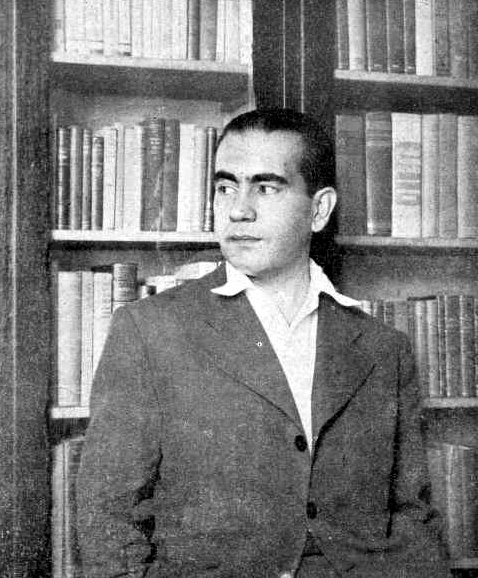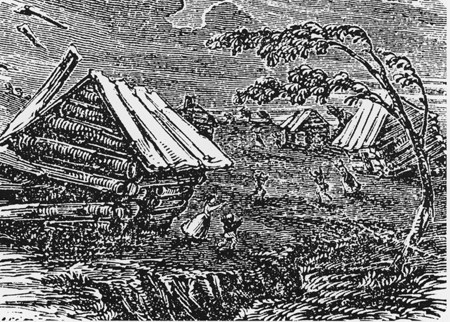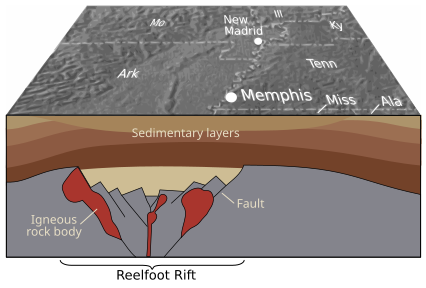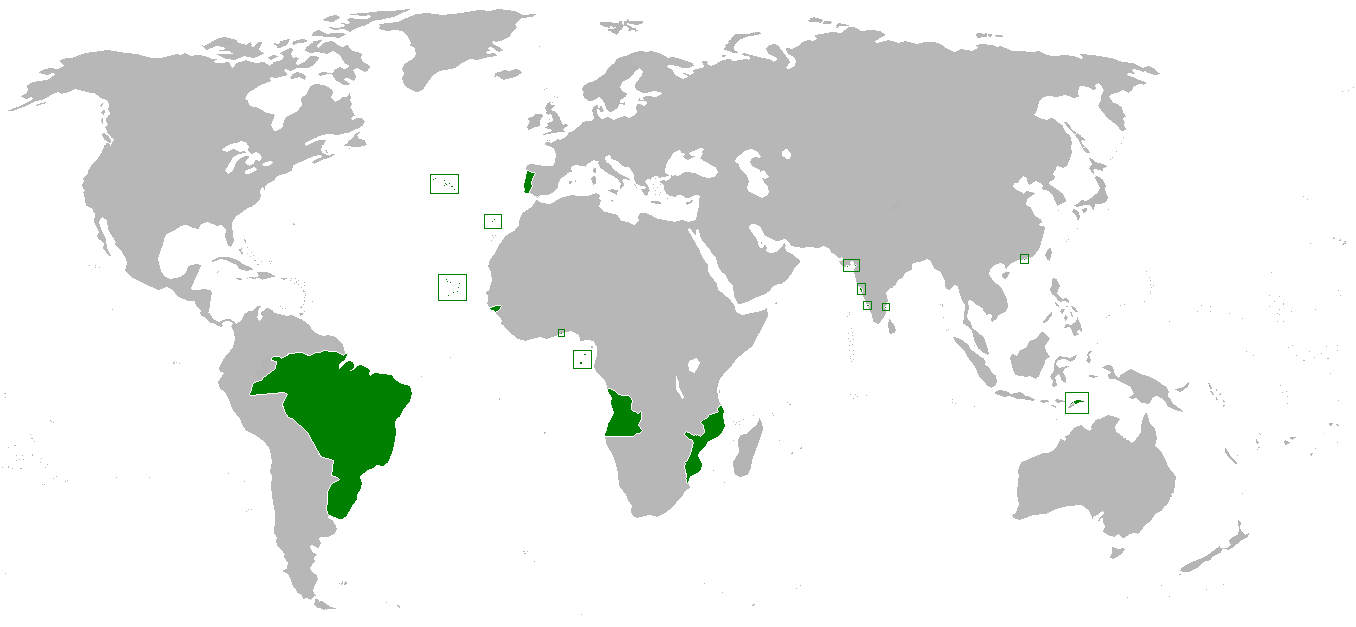quinta-feira, dezembro 17, 2015
Simón Bolívar morreu há 185 anos
Postado por
Fernando Martins
às
18:50
0
bocas
![]()
Marcadores: América Latina, democracia, Simón Bolívar
Fernando Lopes-Graça nasceu há 109 anos
Postado por
Fernando Martins
às
10:09
0
bocas
![]()
Marcadores: Fernando Lopes Graça, Fui-te ver 'stavas lavando, música, Portugal
O Papa Francisco faz hoje 79 anos
Postado por
Fernando Martins
às
07:09
0
bocas
![]()
Marcadores: Argentina, Francisco I, Igreja Católica, jesuítas, Papa, Vaticano
Paul Rodgers faz hoje 66 anos
Postado por
Fernando Martins
às
06:06
0
bocas
![]()
Marcadores: Alright Now, Bad Company, blues-rock, Free, hard rock, música, Paul Rodgers, Rock
A Primavera Árabe começou há cinco anos...
Postado por
Fernando Martins
às
05:00
0
bocas
![]()
Marcadores: autoimolação, Ben Ali, ditadores, Mohamed Bouazizi, Primavera Árabe, Revolução de Jasmim, Tunísia
Cesária morreu há quatro anos...
Postado por
Fernando Martins
às
04:00
0
bocas
![]()
Marcadores: Cabo Verde, Cesária Évora, coladeira, É Doce Morrer no Mar, Marisa Monte, morna, música, world music
A Rainha Dona Maria I nasceu há 281 anos
Postado por
Fernando Martins
às
02:08
0
bocas
![]()
Marcadores: D. Maria I, dinastia de Bragança, Rainha de Portugal
Érico Veríssimo nasceu há 110 anos
Postado por
Fernando Martins
às
01:10
0
bocas
![]()
Marcadores: Brasil, Érico Veríssimo, literatura
quarta-feira, dezembro 16, 2015
Poema alusivo à data...
Quando esta escrevo a Vossa Alteza
Estou com um soluço que é sinal de morte.
Morro à vista de Goa, a fortaleza
Que deixo à índia a defender-lhe a sorte.
Morro de mal com todos que servi,
Porque eu servi o rei e o povo todo.
Morro quase sem mancha, que não vi
Alma sem mancha à tona deste lodo.
De Oeste a Leste a índia fica vossa;
De Oeste a Leste o vento da traição
Sopra com força para que não possa
O rei de Portugal tê-la na mão.
Em Deus e em mim o império tem raízes
Que nem um furacão pode arrancar...
Em Deus e em mim, que temos cicatrizes
Da mesma lança que nos fez lutar.
Em mais alguém, Senhor, em mais ninguém
O meu sonho cresceu e avassalou
A semente daninha que de além
A tua mão, Senhor, lhe semeou.
Por isso a índia há de acabar em fumo
Nesses doiros paços de Lisboa;
Por isso a pátria há de perder o rumo
Das muralhas de Goa.
Por isso o Nilo há de correr no Egito
E Meca há de guardar o muçulmano
Corpo dum moiro que gerou meu grito
De cristão lusitano.
Por isso melhor é que chegue a hora
E outra vida comece neste fim...
Do que fiz não cuido agora:
A índia inteira falará por mim.
in Poemas Ibéricos (1965) - Miguel Torga
Postado por
Fernando Martins
às
23:59
0
bocas
![]()
Marcadores: Afonso de Albuquerque, descobrimentos, Duque de Goa, Índia
Olavo Bilac nasceu há 150 anos!
Última flor do Lácio, inculta e bela,
És, a um tempo, esplendor e sepultura:
Ouro nativo, que na ganga impura
A bruta mina entre os cascalhos vela…
Amo-te assim, desconhecida e obscura,
Tuba de alto clangor, lira singela,
Que tens o trom e o silvo da procela
E o arrolo da saudade e da ternura!
Amo o teu viço agreste e o teu aroma
De virgens selvas e de oceano largo!
Amo-te, ó rude e doloroso idioma,
Em que da voz materna ouvi: "meu filho!"
E em que Camões chorou, no exílio amargo,
O génio sem ventura e o amor sem brilho!
Olavo Bilac
Postado por
Fernando Martins
às
15:00
0
bocas
![]()
Marcadores: Brasil, Olavo Bilac, Parnasianismo, parnasianos, poesia
Arthur C. Clarke nasceu há 98 anos
Postado por
Fernando Martins
às
09:08
0
bocas
![]()
Marcadores: Arthur C. Clarke, ficção científica, literatura
Benny Andersson - 69 anos
Postado por
Fernando Martins
às
06:09
0
bocas
![]()
Marcadores: ABBA, Benny Andersson, disco, Knowing Me Knowing You, música, pop, Suécia
Billy Gibbons faz hoje 66 anos
ZZ Top - La Grange
Rumour spreadin' a-'round in that Texas town
'bout that shack outside La Grange
and you know what I'm talkin' about.
Just let me know if you wanna go
to that home out on the range.
They gotta lotta nice girls ah.
Have mercy...
A haw, haw, haw, haw, a haw
A haw, haw, haw
Well, I hear it's fine if you got the time
and the ten to get yourself in.
A hmm, hmm...
And I hear it's tight most ev'ry night,
but now I might be mistaken.
hmm, hmm, hmm.
Ah have mercy...
Postado por
Fernando Martins
às
06:06
0
bocas
![]()
Marcadores: Billy Gibbons, blues rock, country rock, guitarra, hard rock, La Grange, música, Rock, Southern Rock, ZZ Top
Afonso de Albuquerque morreu há 5 séculos
Afonso de Albuquerque (Alhandra, 1453 — Goa, 16 de dezembro de 1515), apelidado de O Grande, César do Oriente, Leão dos Mares, o Terribil e o Marte Português, foi um fidalgo, militar e o segundo governador da Índia portuguesa cujas acções militares e políticas foram determinantes para o estabelecimento do império português no oceano Índico.Afonso de Albuquerque é reconhecido como um génio militar pelo sucesso da sua estratégia de expansão: procurou fechar todas as passagens navais para o Índico - no Atlântico, Mar Vermelho, Golfo Pérsico e oceano Pacífico - construindo uma cadeia de fortalezas em pontos chave para transformar este oceano num mare clausum português, sobrepondo-se ao poder dos otomanos, árabes e seus aliados hindus.Destacou-se tanto pela ferocidade em batalha como pelos muitos contactos diplomáticos que estabeleceu. Nomeado governador após uma longa carreira militar no Norte de África, em apenas seis anos - os últimos da sua vida- com uma força nunca superior a quatro mil homens sucedeu a estabelecer a capital do Estado Português da Índia em Goa, conquistar Malaca, ponto mais oriental do comércio Índico, chegar às ambicionadas "Ilhas das especiarias", as ilhas Molucas, dominar Ormuz, entrada do Golfo Pérsico e estabelecer contactos diplomáticos com numerosos reinos da Índia, Etiópia, Reino do Sião, Pérsia e até a China. Áden seria o único ponto estratégico cujo domínio falhou, embora tenha liderado a primeira frota europeia a navegar no Mar Vermelho, a montante do estreito Bab-el-Mandeb. Pouco antes da sua morte foi agraciado com o título de vice-rei e "Duque de Goa" pelo Rei D. Manuel I, que nunca usufruiu, no que foi o primeiro português a receber um título de além-mar e o primeiro duque nascido fora da família real.in Wikipédia
Postado por
Fernando Martins
às
05:00
0
bocas
![]()
Marcadores: Afonso de Albuquerque, D. Manuel I, Fado, Fado Afonso de Albuquerque, Índia, João Braga, Miguel Torga, poesia, Portugal, Vice-Rei
Mariza faz hoje 42 anos
Postado por
Fernando Martins
às
04:20
0
bocas
![]()
Marcadores: Fado, Mariza, Moçambique, música, Portugal, Promete Jura., world music
Beethoven nasceu (provavelmente) há 245 anos
Postado por
Fernando Martins
às
02:45
0
bocas
![]()
Marcadores: Alemanha, Beethoven, Egmont Overture, Ludwig Van Beethoven, música, música clássica, romantismo
O compositor François-Adrien Boieldieu nasceu há 240 anos
Postado por
Fernando Martins
às
02:40
0
bocas
![]()
Marcadores: França, François-Adrien Boieldieu, La Dame blanche, música, Ópera
O crise sísmica de New Madrid começou há 204 anos
The 1811–1812 New Madrid earthquakes were an intense intraplate earthquake series beginning with an initial earthquake of moment magnitude (7,5 -7,9) on December 16, 1811 followed by a moment magnitude 7,4 aftershock on the same day. They remain the most powerful earthquakes to hit the contiguous United States east of the Rocky Mountains in recorded history. They, as well as the seismic zone of their occurrence, were named for the Mississippi River town of New Madrid, then part of the Louisiana Territory, now within Missouri.
- December 16, 1811, 08.15 UTC (2:15 a.m.); (M 7,5 -7,9) epicenter in northeast Arkansas. It caused only slight damage to manmade structures, mainly because of the sparse population in the epicentral area. The future location of Memphis, Tennessee, experienced level IX shaking on the Mercalli intensity scale. A seismic seiche propagated upriver, and Little Prairie (a village that was on the site of the former Fort San Fernando, near the site of present-day Caruthersville, Missouri) was heavily damaged by soil liquefaction.
- December 16, 1811 (aftershock), 14.15 UTC (8:15 a.m.); (M 7,4) epicenter in northeast Arkansas. This shock followed the first earthquake by five hours and was similar in intensity.
- January 23, 1812, 15.00 UTC (9:00 a.m.); (M 7,3 -7,6) epicenter in the Missouri Bootheel. The meizoseismal area was characterized by general ground warping, ejections, fissuring, severe landslides, and caving of stream banks. Johnson and Schweig attributed this earthquake to a rupture on the New Madrid North Fault. This may have placed strain on the Reelfoot Fault.
- February 7, 1812, 09.45 UTC (3:45 a.m.); (M 7,5 -8,0) epicenter near New Madrid, Missouri. New Madrid was destroyed. In St. Louis, Missouri, many houses were severely damaged, and their chimneys were toppled. This shock was definitively attributed to the Reelfoot Fault by Johnston and Schweig. Uplift along a segment of this reverse fault created temporary waterfalls on the Mississippi at Kentucky Bend, created waves that propagated upstream, and caused the formation of Reelfoot Lake by obstructing streams in what is now Lake County, Tennessee.
Eyewitness accounts
After supper, we went to sleep as usual: about ten o'clock, and in the night I was awakened by the most tremendous noise, accompanied by an agitation of the boat so violent, that it appeared in danger of upsetting ... I could distinctly see the river as if agitated by a storm; and although the noise was inconceivably loud and terrific, I could distinctly hear the crash of falling trees, and the screaming of the wild fowl on the river, but found that the boat was still safe at her moorings.
By the time we could get to our fire, which was on a large flag in the stern of the boat, the shock had ceased; but immediately the perpendicular banks, both above and below us, began to fall into the river in such vast masses, as nearly to sink our boat by the swell they occasioned ... At day-light we had counted twenty-seven shocks.
On the 16th of December, 1811, about two o'clock, a.m., we were visited by a violent shock of an earthquake, accompanied by a very awful noise resembling loud but distant thunder, but more hoarse and vibrating, which was followed in a few minutes by the complete saturation of the atmosphere, with sulphurious vapor, causing total darkness. The screams of the affrighted inhabitants running to and fro, not knowing where to go, or what to do—the cries of the fowls and beasts of every species—the cracking of trees falling, and the roaring of the Mississippi— the current of which was retrograde for a few minutes, owing as is supposed, to an irruption in its bed— formed a scene truly horrible.
On the night of 16th November [sic], 1811, an earthquake occurred, that produced great consternation amongst the people. The centre of the violence was in New Madrid, Missouri, but the whole valley of the Mississippi was violently agitated. Our family all were sleeping in a log cabin, and my father leaped out of bed crying aloud "the Indians are on the house" ... We laughed at the mistake of my father, but soon found out it was worse than the Indians. Not one in the family knew at the time that it was an earthquake. The next morning another shock made us acquainted with it, so we decided it was an earthquake. The cattle came running home bellowing with fear, and all animals were terribly alarmed on the occasion. Our house cracked and quivered, so we were fearful it would fall to the ground. In the American Bottom many chimneys were thrown down, and the church bell in Cahokia sounded by the agitation of the building. It is said the shock of an earthquake was felt in Kaskaskia in 1804, but I did not perceive it. The shocks continued for years in Illinois, and some have experienced it this year, 1855.
Postado por
Fernando Martins
às
02:04
0
bocas
![]()
Marcadores: crise sísmica, New Madrid, sismo, sismologia, USA
Há dois séculos o Brasil tornou-se um reino e país
Postado por
Fernando Martins
às
02:00
0
bocas
![]()
Marcadores: Brasil, dinastia de Bragança, Reino Unido de Portugal Brasil e Algarves
terça-feira, dezembro 15, 2015
Notícia sobre geossítios portugueses
Postado por
Fernando Martins
às
17:53
0
bocas
![]()
Marcadores: geossítios, José Brilha




.jpg/800px-Ces%C3%A1ria_%C3%89vora_(2457851527).jpg)
_-_Google_Cultural_Institute.jpg/800px-Maria_I%2C_Queen_of_Portugal_-_Giuseppe_Troni%2C_atribu%C3%ADdo_(Turim%2C_1739-Lisboa%2C_1810)_-_Google_Cultural_Institute.jpg)


















